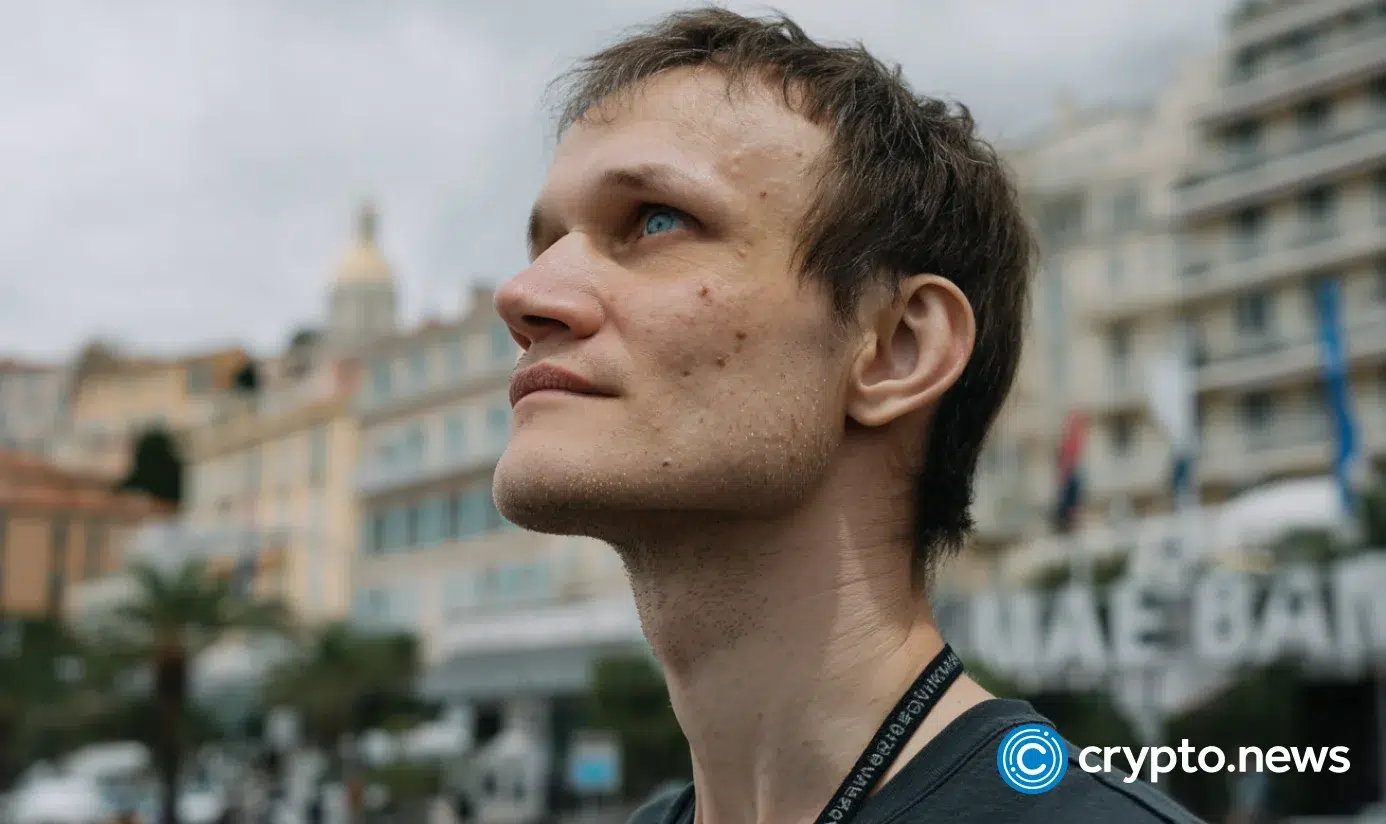
Ethereum co-founder Vitalik Buterin has shared his vision for maintaining blockchain neutrality through the FOCIL framework. It was a response to concerns about transaction censorship.
Summary
- Vitalik Buterin proposes FOCIL to protect Ethereum from transaction censorship
- Framework spreads transaction inclusion across 17 proposers per block slot
- Ameen Soleimani warns FOCIL could expose US validators to legal sanctions risk
In a recent X post, Buterin stressed Ethereum’s “dumb pipe” property, where the Layer-1 processes all valid transactions without discrimination.
Buterin’s comments came in direct response to criticism from Ameen Soleimani regarding potential legal risks for U.S. validators. He said:
“I think neutrality / ‘dumb pipe’ property of the L1 is important enough that we should have multiple lines of defense to protect it: 1. Make sure that the public mempool continues to be strong and it continues to be viable to build blocks ‘naively’, by just grabbing txs from the public mempool. 2. Work on (extra-protocol) distributed block building technology 3. Add extra channels through which txs can be included, so that EVEN IF block building gets fully taken over by centralized professional builders AND like 2 of them control 99% of the block production, they still can’t censor transactions.”
Buterin: FOCIL is one of these ‘extra channels’
Buterin proposed three defense lines to protect Ethereum’s (ETH) neutrality. This includes maintaining a strong public mempool, developing distributed block building technology, and adding extra channels for transaction inclusion.
FOCIL is the third mechanism. The framework changes Ethereum’s system from choosing one proposer per slot to selecting 17 proposers per slot.
One proposer gets the privilege of “moving last” and choosing transaction order, while the other 16 select transactions that must be included somewhere in the block.
The 16 “non-privileged” proposers carry lighter workloads — they only need to compute transaction validation and can operate statelessly. This makes it feasible for any attester to serve as an auxiliary proposer.
Buterin’s proposal tackles the block builder oligopoly problem. Currently, a few professional builders control most of Ethereum’s block production. If these builders coordinate to censor transactions, they could block users from accessing the network.
FOCIL prevents this by distributing transaction inclusion power across multiple validators. Even if two builders control 99% of block production, they cannot censor transactions when 17 different proposers each have inclusion rights.
Soleimani raises FOCIL concerns
Soleimani raised concerns that FOCIL could put U.S. validators at legal risk. He argued that forcing validators to include transactions from sanctioned addresses could expose them to criminal penalties of up to 20 years for sanctions violations.
The current system allows U.S. validators to filter sanctioned transactions while participating. During peak Tornado Cash censorship, only 90% of nodes filtered these transactions. This means they took roughly 10 times longer to process.
Soleimani warned FOCIL could make it impossible for US validators to participate without violating sanctions law. This could lead to the prosecution of validators, attesters, and core developers.
Buterin maintains that Ethereum’s neutrality justifies these design choices. He believes that the blockchain should process all valid transactions, regardless of their source or destination.
